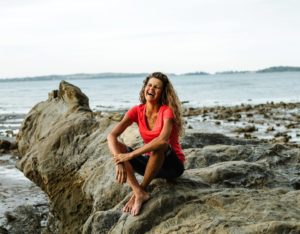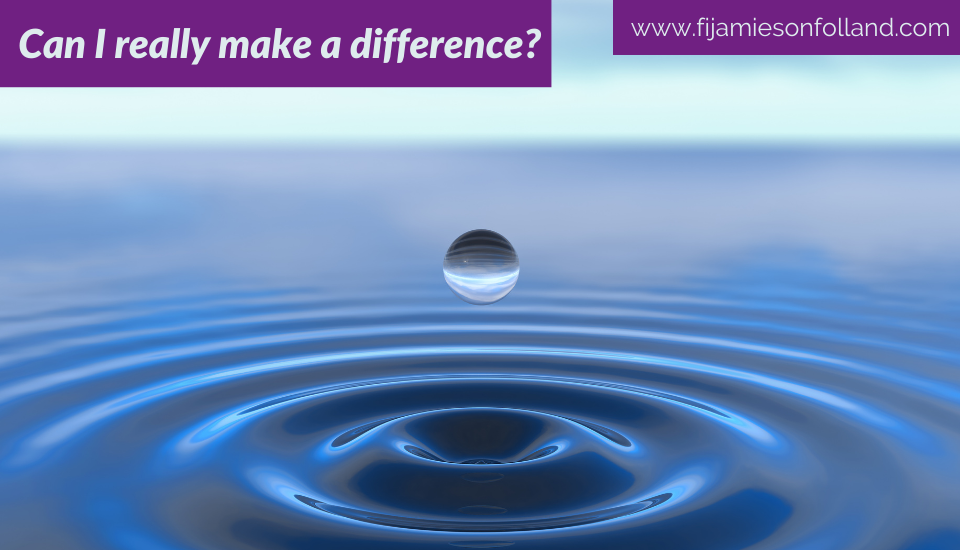This has been a hot topic for many moons now – in particular in relation to helping the endemic kiwi species survive.
Having an impact
If we think about making a difference, it might be in terms of empowering people, for example single parents being able to provide for their kids, especially for those in a lower socioeconomic area.
Or it might be when it comes to our own health, in that we may have received a specific diagnosis.
Self-empowerment
You may already know my story, being diagnosed with heart disease when I was 21 and being given three years to live. It was pretty devastating especially since my dad had just died three days earlier of a massive heart attack – and he was only 50. I was told that I need to take medication every day for the rest of my life.
Fortunately for me, at that time I was learning about the potential impact of positive lifestyle adjustments. Epigenetics has been trendy for a while now, and for good reason. The significance of being able to turn our genes on and off, regardless of what we’ve been given at birth, is enormous and I remain ever-grateful to my mentor Dr Nic who helped me get started on the right foot all those years ago and benefit daily since.
What’s the point?
You might be able to relate to the ‘what’s the point?’ feelings I’ve sometimes had when it comes to being able to make a difference in areas I’m especially passionate about – global warming, toxins in the environment, under-priviledged populations, social injustice being just a few.
I’ve chosen to focus on what I call ‘my circle of influence’ because that gives me a sense that what I do can be valuable. This is true for trapping for predators where we live, and lifestyle adjustments to help my own health – in fact in being the change I chose to see in the world as my fist step.
No guarantees
There are obviously no guarantees. When it comes to my prognosis I was given when I was 21 – I look at it a little bit like my own health insurance to be doing all that I can to prevent the likelihood of challenges.
My next step is to pay it forward for those people who are ready to make changes themselves or those who want to reassess and really look at their options plus explore what actually works best for them when it comes to their ideal health picture.
Whilst we’re all human beings and we have human cells with very similar needs, each of us are unique and it’s finding a way to work with what best suits us at that time – which is going to change over time as well. So, whilst we might be the same ball of consciousness as we were 2 yrs old, a lot has changed about us since then.
I’m curious what are your thoughts on this – do you believe that it is possible to to make a difference? It might be in the environment, or when it comes to your own health especially if you’ve been given a diagnosis.
Until I see you on this week’s #AlivewithFi, have a fabulous day 🙂
¹ The place to begin is to focus on what we can change within ourselves or our environment, and start taking small steps in the right direction.
How to Focus on What You Can Control (and Win More Battles)
L. Christian, 2021
Fi Jamieson-Folland D.O., I.N.H.C., is The LifeStyle Aligner. She’s an experienced practitioner since 1992 in Europe, Asia and New Zealand as a qualified Osteopath, Integrative Nutrition Health Coach, speaker, educator, writer, certified raw vegan gluten-free chef, and Health Brand Ambassador.


